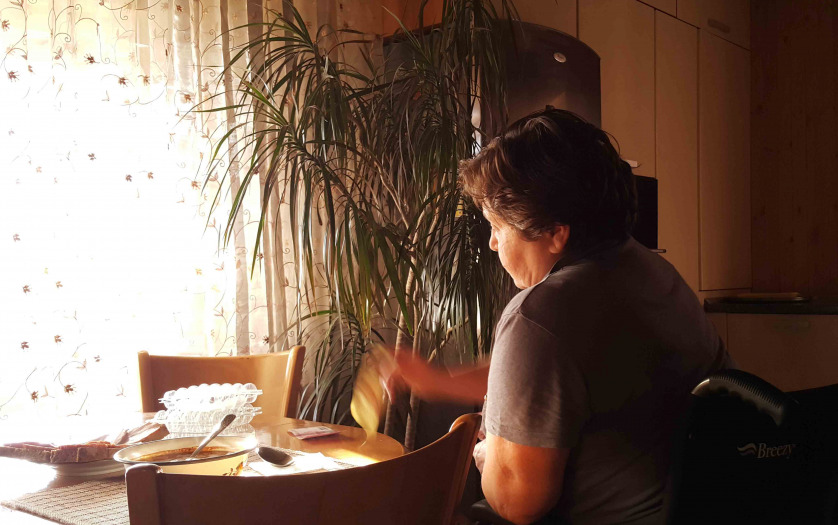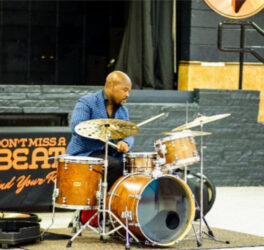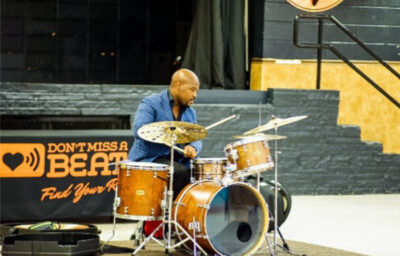
The closure of large institutions housing people with disability, with the resulting development of group homes, has not eliminated institutional forms of violence, abuse, neglect, and exploitation experienced by people with disabilities, particularly those with serious intellectual disabilities, report finds.
The Royal Commission released its report on one of its early hearings, “The experience of living in a group home for people with disability” on 30 September 2020.
The Royal Commission undertook the inquiry as one of its early public hearings, ‘because a person’s home is the place where they should feel and be safe and secure’.
“The Royal Commission also wanted to examine whether living in a group home creates a greater risk for people with disability to be subjected to violence, abuse, neglect or exploitation,” it said.
The Royal Commission heard evidence from witnesses with direct experience of living in group homes, advocacy groups, government agencies, a large service provider, and other experts and academics in December 2019.
Instead of feeling protected in their own home, some residents experienced sexual assault, beatings and verbal abuse, among other forms of mistreatment, the report said.
Some group homes had insufficient staff, with a lack of training to deal with high numbers of residents which ‘resulted in abuse between residents, and neglect, and a diminished quality of life’ for them, it said.
One witness said she had lived in a hostel with about 16 other residents where she was sexually abused.
She also said that the hostel provided training to live in a Community Residential Unit, but that some of the training, like ‘intense cleaning’ was like slave labour, while she was not given a choice about moving to CRUs, or who she lived with.
The report said evidence from the hearing showed that reforms and innovations designed to overcome systemic abuse, such as that occurring in large institutions, could produce unintended adverse consequences.
While group homes had improved the “degrading conditions” often experienced by people with disability living in large institutions, the report said it was clear that ‘the advent of group homes has not eliminated institutional forms of violence, abuse, neglect and exploitation experienced by people with disability, particularly those with serious intellectual disabilities’.
“People with disability have the right to autonomy – that is, the right to control their own lives, to make their own decisions and to exercise choice,” the report said.








